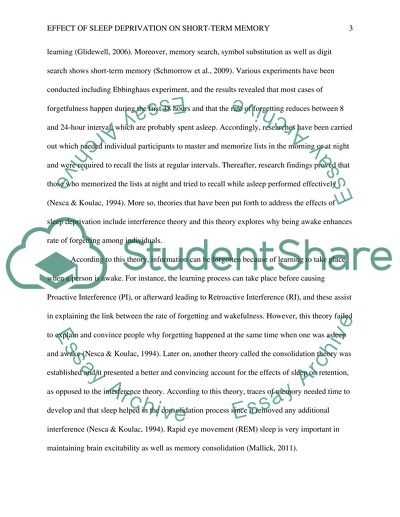Cite this document
(“The effect of sleep deprivation on Short-term Memory Term Paper”, n.d.)
Retrieved from https://studentshare.org/psychology/1494628-the-effect-of-sleep-deprivation-on-short-term
Retrieved from https://studentshare.org/psychology/1494628-the-effect-of-sleep-deprivation-on-short-term
(The Effect of Sleep Deprivation on Short-Term Memory Term Paper)
https://studentshare.org/psychology/1494628-the-effect-of-sleep-deprivation-on-short-term.
https://studentshare.org/psychology/1494628-the-effect-of-sleep-deprivation-on-short-term.
“The Effect of Sleep Deprivation on Short-Term Memory Term Paper”, n.d. https://studentshare.org/psychology/1494628-the-effect-of-sleep-deprivation-on-short-term.


